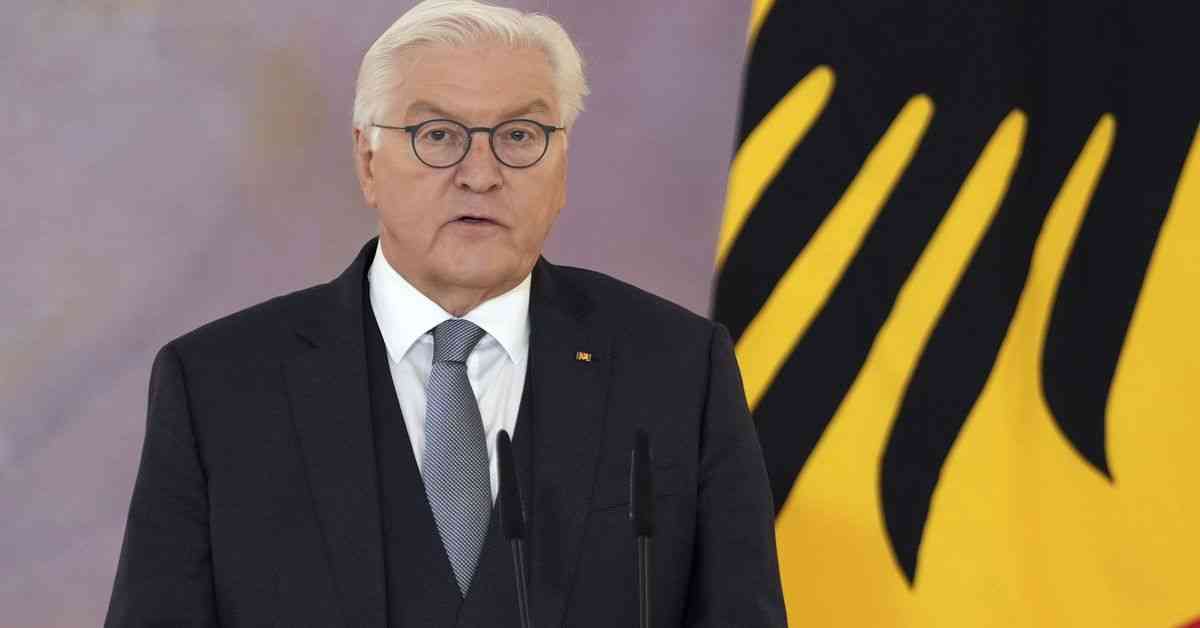Germany’s President Dissolves Parliament, Sets National Election for New Year: What to Expect
German President Frank-Walter Steinmeier has made a bold move by ordering the dissolution of parliament and setting a new election date for February 23. This decision comes in the aftermath of the collapse of Chancellor Olaf Scholz’s coalition, signaling a major shift in the country’s political landscape.
### Steinmeier’s Decision
Steinmeier’s decision to dissolve the German Bundestag and call for new elections was motivated by the need for a stable government capable of addressing the nation’s challenges. Following Scholz’s loss in a confidence vote and the subsequent breakdown of his coalition, it became clear that there was no consensus among political parties to form a new government within the current parliament.
### Election Process
Under Germany’s post-World War II constitution, the Bundestag cannot dissolve itself, making it Steinmeier’s responsibility to make this critical decision. With a strict timeline of 21 days to act, the election must take place within 60 days of parliament dissolution. The selected date of February 23, seven months earlier than planned, was agreed upon by leaders of major political parties.
### Key Players and Issues
As Germany gears up for the upcoming election, polls indicate a tough race between Scholz’s party and the conservative Union bloc led by Friedrich Merz. Vice Chancellor Robert Habeck of the Greens also joins the race for the top position. With critical issues at stake, such as immigration, economic revival, and support for Ukraine against Russia, the election outcome will shape the country’s future.
### Coalition Building
Traditionally, Germany’s electoral system favors coalition governments, and no party is projected to secure an absolute majority. This means post-election negotiations will be crucial in forming a new government. The likely scenario points towards Merz leading a coalition government with other parties to address the nation’s pressing challenges.
The dissolution of the Bundestag and the forthcoming election mark a significant moment in Germany’s political history, highlighting the importance of stability and effective governance in times of uncertainty. As the country prepares for a new chapter, the outcome of the election will set the tone for the future direction of Germany’s leadership and policies.
—
Adding a personal touch, let’s reflect on the importance of stability in our own lives. Just as Germany seeks a reliable government, we all strive for stability in our daily routines. Whether it’s through personal relationships, work commitments, or community engagements, having a sense of consistency can bring comfort and assurance in navigating life’s challenges. Consider what aspects of your life provide stability and how you can cultivate more of it to create a solid foundation for growth and resilience.

















